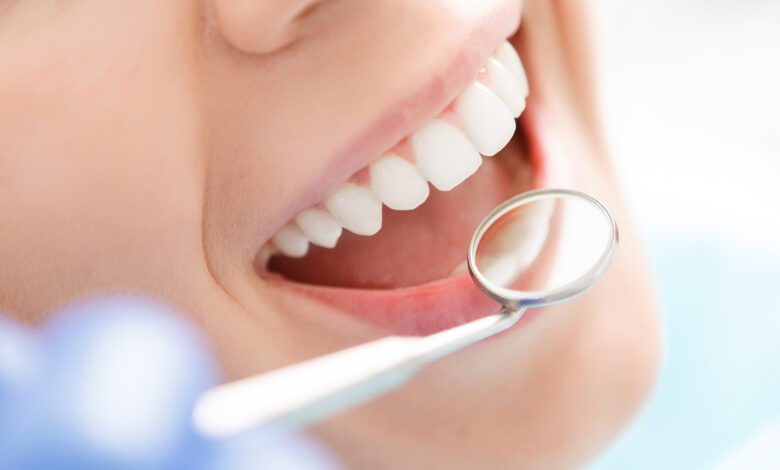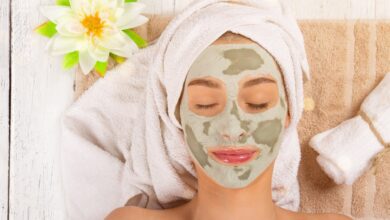Myths About Teeth Whitening You Should Never Accept

One of the most widely used cosmetic procedures worldwide is Teeth Whitening. A white smile is considered a significant social asset by 96% of adults, according to the British Academy of Cosmetic Dentistry. Many people don’t know how to properly and effectively whiten their teeth, though. Visit your top dentist Richmond to get the inside scoop on how to actually whiten your teeth. You can continue reading, though, as we will debunk some widespread misconceptions regarding teeth whitening and show you how to whiten your teeth without any harmful chemicals.
Whitening Your Teeth Will Damage Your Enamel
The idea that teeth whitening will damage your enamel is one of the most prevalent fallacies in the industry. Simply said, this is untrue. The active components in teeth-whitening preparations are hydrogen peroxide or carbamide peroxide.
The FDA has authorised the use of these bleaching chemicals in teeth-whitening products. Teeth whitening products are safe for your enamel when used as instructed. While it’s true that some of these solutions can result in tooth discomfort, this usually happens because they have higher bleaching chemical concentrations than those used by dentists to whiten teeth.
Active Charcoal – Cited as the main ingredient
One of the most well-liked natural teeth whiteners, activated charcoal is something you’ve probably seen on social media or other platforms. But is it actually effective? The quick response is no. While other types of stains on your teeth may be removed by activated charcoal, the stains that teeth whitening treatments are intended to remove are not removed by this method. In actuality, applying activated charcoal on your teeth can be more detrimental than beneficial. Activated charcoal’s abrasive properties can wear down your enamel and make your teeth more susceptible to discoloration.
Your teeth will become more sensitive after teeth whitening
The idea that teeth whitening can make your teeth more sensitive is another prevalent misconception. This is untrue as well. Bleaching compounds are used in teeth-whitening solutions to get rid of stains on your teeth. These teeth-whitening solutions don’t make teeth sensitive. However, if you have sensitive teeth, using a teeth-whitening solution may temporarily make them more sensitive. Because the bleaching substances may momentarily widen the pores in your teeth, discomfort may result.
An Effective Way to Whiten Teeth is using UV Light
Utilizing UV light is one of the newest teeth-whitening techniques. However, compared to other techniques, including professional tooth whitening, this procedure is less successful. Because UV light can only clear surface stains from your teeth, it is less effective. It can’t go inside your teeth to get rid of deeper stains. Additionally, UV light can be bad for your teeth and gums.
But how could your teeth actually be whiter? Visiting your dentist for a professional teeth whitening procedure is the finest way to whiten teeth. Compared to over-the-counter solutions, professional teeth whitening procedures employ stronger bleaching agent concentrations.This implies that they can clean your teeth of stains more successfully.



